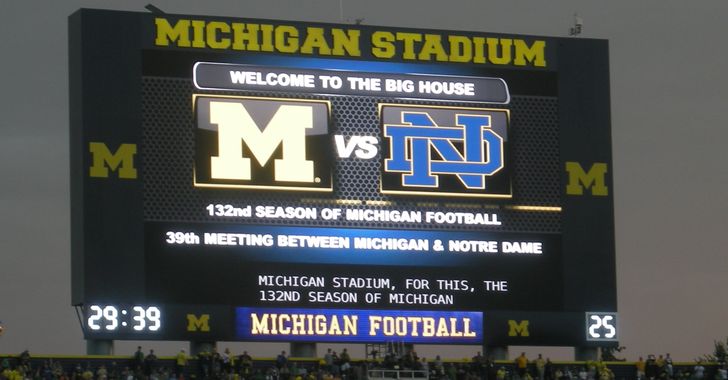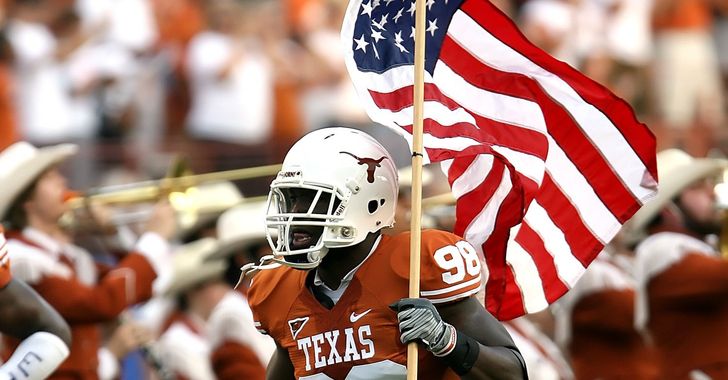On January 6, 2020, Starbucks announced its commitment to supporting the mental health of its "partners," AKA Starbucks employees, by providing a free subscription to the Headspace meditation app that cost a regular subscriber of $69.99/yr. Almost 25,000 partners have petitioned against the conditions and feel that this will just continue to be a Band-Aid to cover up what "quite literally destroys their mental health."
i think it’s so funny that starbucks right now is all about mental health when everyone leaves because it quite lit… https://t.co/WHaeqb2C0y— kai (@kai) 1578413818.0
Starbucks started "Mental Health Matters" last fall with their first session on mental wellbeing and emotional first aid in efforts of hearing feedback, ideas, and dialogue surrounding mental health and wellbeing from their partners. The company currently offers opportunities for inpatient and outpatient mental health care as well.
However, before this meeting or this partnership, Starbucks must not have stopped to learn Maslow's Hierarchy of Needs.
For a quick psychology lesson, Maslow's Hierarchy of Needs is a theory on motivation in psychology, often shown in a pyramid diagram, displaying the five-tier model of human needs. The basis of Maslow's Hierarchy is that one cannot achieve a higher level until meeting the needs of the basic levels. The levels from bottom to top are physiological, safety, love and belonging, esteem, and self-actualization.
Even though you need money in order to eat, sleep, and survive in order to meet the needs of the bottom level, physiological, we are going to classify financial needs as the second level — safety. Safety needs include security, stability, order, and freedom of fear which all have to be met before getting to our love and belongingness needs of having connections and feelings.
This proves that in order for someone to effectively meet their mental health or psychological needs, they have to be able to have their financial and basic needs in good-standing!
So why is Starbucks more concerned with their partner's meditation exercises than they are about their financial security and "toxic" work environment?
Starbucks continues to avoid the real problem that their employees are tired of working understaffed with inconsistent working schedules, which all affect mental wellbeing, anxiety, workplace culture, and increase stress.







 Photo by
Photo by 









































